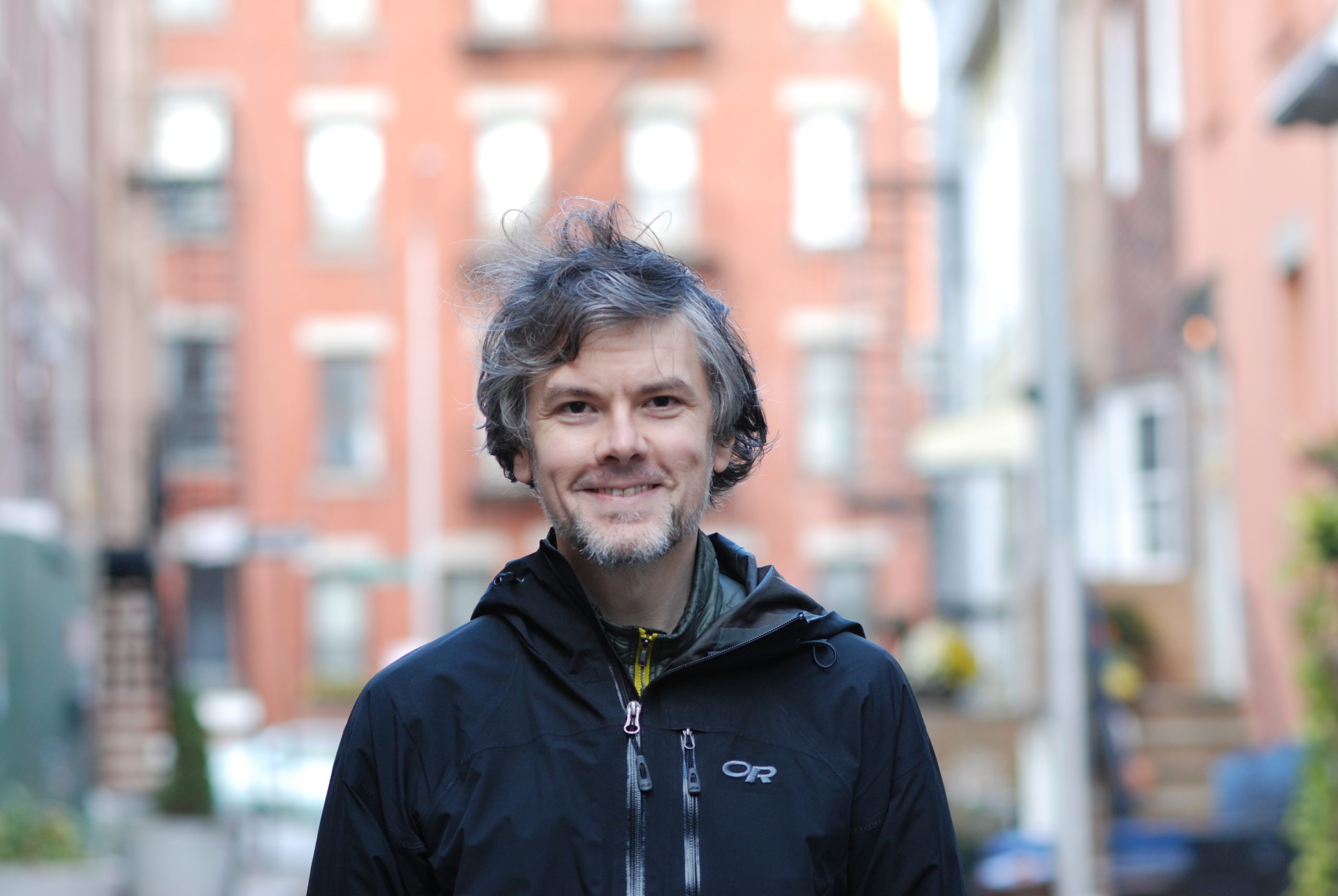My name is Jason Ellis, and this is my teaching portfolio. It showcases the pedagogical work that I have been doing at City Tech from 2014 to the present. Please use the menu above labeled “Teaching Portfolio” to navigate to its various pages.
If I encapsulated my teaching in a single idea, it would be to create opportunities for learning. This is something that I learned from my 11th grade Pre-Calculus teacher, Mrs. Smith. She saw that I was under performing in her class. One day, she offered me an chance to redeem my abysmal grades if I chose to undertake a special project. It involved two parts. First, I had to learn on my own the Calculus technique of derivation and understand some applications of it. Second, I had to teach it to our class during the last week of the school year.
In reflection, her doing this for me made me learn some of the things that I had been neglecting in class in order to understand the more advanced Calculus concepts. However, I didn’t realize her cunning plan at the time. Her investment in me to take on this project motivated me to accomplish the tasks that she had set me. I barrelled ahead at lightspeed learning the concepts with the help of books in the school library.
Having had lots of experience with public speaking and instruction through the Boy Scouts where I had already earned the rank of Eagle Scout by that point, I was able to begin to cobble together a lesson plan, which I practiced before the big day of my teaching debut.
I think my classmates were duly impressed with the lesson that I gave them–talking them through the concepts, working problems together on the chalkboard, and leading us all through learning new and exciting concepts.
I remember the joy of the accomplishment and the excitement about having shared what I had learned with others. Not only had Mrs. Smith shown me the power of investing in others, but she had also ignited in me the desire to teach.
I carry with me that lesson and the lessons of many other teachers and professors who have mentored me along my journey to City Tech. Those best lessons, as well as observations of others who offered lessons in what not to do (as I’m sure we have all witnessed), are the things that I remember with each syllabus and assignment that I design, each class that I lead, and each office hour that I meet with students. I believe that students deserve opportunities to learn, demonstrate, and excel. It is my goal to offer them opportunities to do so.
I am an Assistant Professor of English at the New York City College of Technology, CUNY where I help manage the City Tech Science Fiction Collection, a 600-linear-foot collection of SF magazines, anthologies, novels, and scholarship, and organize the annual City Tech Science Fiction Symposium.
Formerly, I was a Marion L. Brittain Fellow at the Georgia Institute of Technology where I taught English Composition, Technical Communication, and Science Fiction, and directed the Writing and Communication Program’s Digital Pedagogy Research and Development Lab (DevLab).
I hold a Ph.D. in English from Kent State University, M.A. in Science Fiction Studies from the University of Liverpool, and B.S. in Science, Technology, and Culture from Georgia Tech.
I have published two essays on my pedagogy: “Revealing Critical Theory’s Real Life Potential to Our Students, the Digital Nomads,” a peer reviewed book chapter that demonstrates how to teach Deleuze and Guattari’s nomadology as a tool for analyzing social media through Science Fiction, and “Writing the Brain: A Multimodal Assignment Sequence,” a book chapter about an assignment that leverages social media tools as a key component in an iterative writing project focusing on different audiences and the affordances and constraints of compositional media.
I co-edited The Postnational Fantasy: Postcolonialism, Cosmopolitics and Science Fiction (Jefferson, NC: McFarland, 2011). My writing has appeared in scholarly and popular publications, including The Wellsian, Configurations, Science Fiction Studies, The Journal for the Fantastic in the Arts, and Locus.
Recently, I spoke about the relationship between Science Fiction and society with Dr. Neil deGrasse Tyson on StarTalk Radio (30 May 2019). Toward the end of the program, I taught Dr. Tyson two new terms familiar to my students: affordances and constraints.
My research focuses on the intersection of digital technology and the human brain in 20th/21st-century American literature, popular culture, and Science Fiction.
I share my work and ideas online at dynamicsubspace.net.



